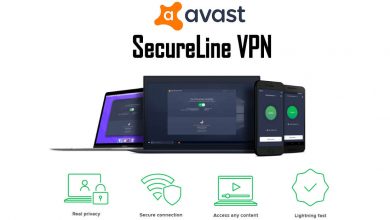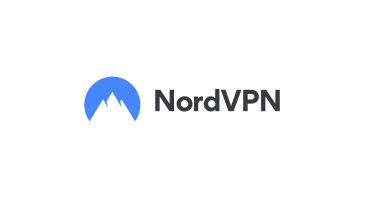A typical internet user connects to the internet to access social media, search engines, maps, online stores, etc. These are innocuous activities that you’re not really worried about in case someone is snooping. However, as a business, your online activity deserves additional privacy, especially with the increased frequency of data breaches.
Every time you connect to the internet, your Internet Service Provider can view your browsing history and sell it without your authorization. In some way, these ISPs have become like Google and social media sites such as Facebook. However, these websites or see arch engines can only view what you do while on their sites. Alternatively, ISPs are all-knowing; they can track the websites you visit, the content you watch, your geographic location, your device, and time spent on the website.
Fortunately, there is a solution to help you encrypt your data, thus rendering it unreadable to snooping parties such as your ISP, government agencies, hackers, etc. There are various types of VPNs, but the main categories are Remote Access VPNs and Site-to-Site VPNs.
Contents
Remote Access VPNs
These VPN services are popular worldwide as they connect users to remote servers, which allow them access to private networks. With this access, the users can now access content or websites that were restricted due to geoblocking.
Site-to-Site VPNs
These VPN services are typically used by companies, organizations, and businesses, especially if they have branches in several locations. The companies use Site-to-Site VPNs to create secure connections where employees from different branches can communicate and share information or resources.
VPNs are necessary in today’s world, and more businesses should embrace them for the following reasons:
1. Cybersecurity
If you intend to offer your services or products online, cybersecurity should be among your primary concerns. Ensure that you implement all possible measures to guarantee that you and your client’s data are secure. You can apply a VPN across all your networks to provide additional security. Also, don’t forget to run a vulnerability scan to identify flaws in your network that might compromise your system.
Connecting to a network, especially a public network, is risky for staff members hoping to access company data. These public networks are available everywhere, whether it’s your favorite coffee shop, hotel, restaurant, or motel. Privacy and security are the last items on your mind as you access these networks. A cybercriminal can easily hack your connection as you access the data. However, with a VPN, you’ll have a secure and encrypted connection to company data wherever you are.
2. Remote Access
When in your office or business premises, you can connect to the business’ or organization’s network. Your employees on site have access to the network; however, remote employees don’t have the same luxury.
Using a VPN, these remote employees can access the network from any location as long they have an internet connection.
3. Avoid Geo-blocking
Not all countries are afforded the same access to websites and content on the internet like the US. If you’ve been to countries in Asia, Africa, and South America, you might have noticed that you can’t access some websites or services while in these regions. Internet users in these regions typically use VPNs to access content that’s not available in their regions.
If you occasionally do business in these countries, you’ll need VPN services to access websites and even search engines such as Google.
Limitations
VPN services are great but have some limitations that you might want to understand before you embrace the services. These limitations include:
1. Mounting Costs
Personal VPN services are cheap and effective, but they aren’t suited for businesses. They don’t have the capacity to protect a company-wide network. Businesses seeking VPN services need a site-to-site VPN, which is typically established through two techniques; Internet VPN method or Multiprotocol Label Switching VPN method.
Both configurations require a hefty investment to create and maintain the Site-to-Site VPN. For large businesses and corporations, Site-to-Site VPNs are viable; however, smaller businesses need to look for more affordable options. Alternative solutions include cloud VPN, remote-access VPN, SD-WAN VPN, or a business plan from your consumer VPN provider.
2. Security Risks
Although VPNs offer a secure connection to the business’ network, they also pose a security risk to your business. For example, if a cyber attacker gains access to one of your employee’s VPN credentials, the attacker can access any available information on the network.
Should Your Business Utilize A Business VPN?
Yes. The upside of having a business VPN far outweighs its set-up and management costs plus any other downsides that it may have. There are also free options available, but as usual, users are bombarded with ads and low reliability. The choice is yours, whether you want reliability and true encryption or cheaper options that don’t offer the same level of security. Ultimately, your business needs a VPN, whatever option you choose, and ensure that it caters to your business’s needs.



